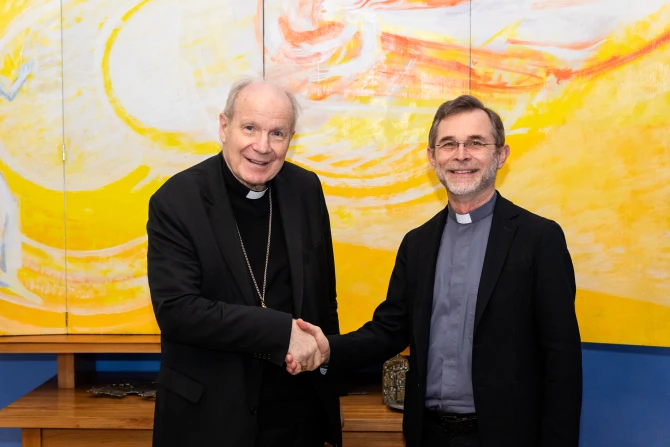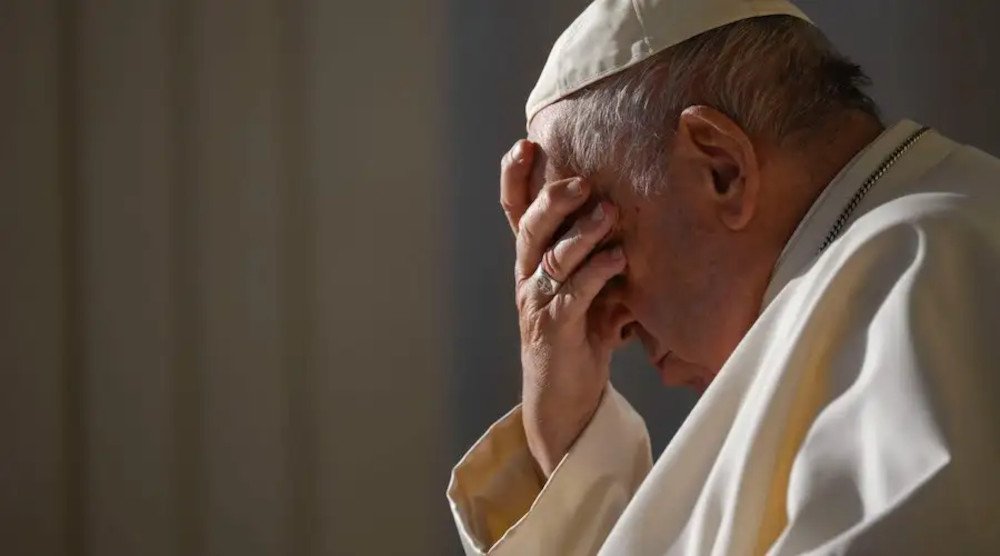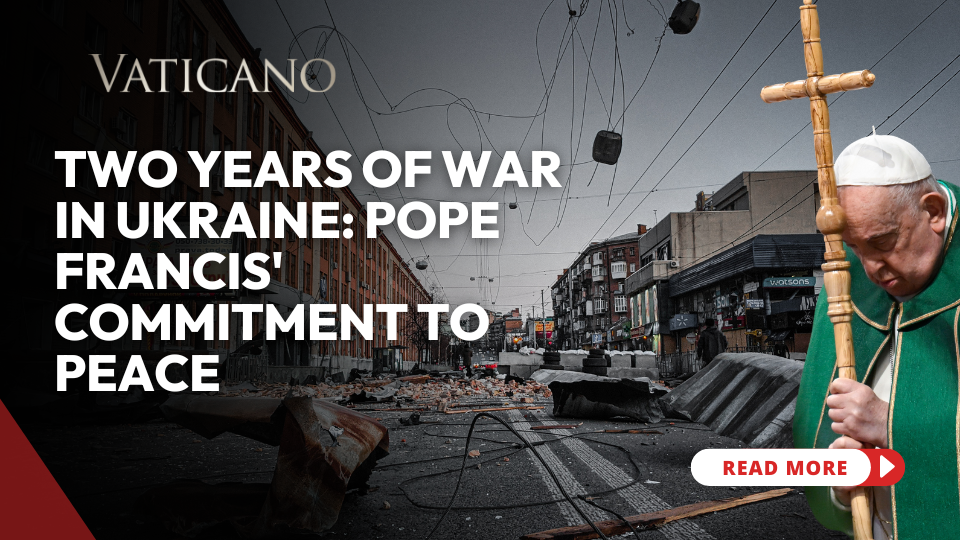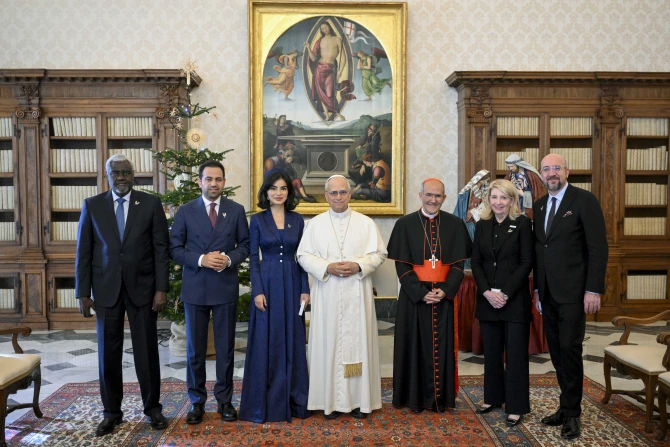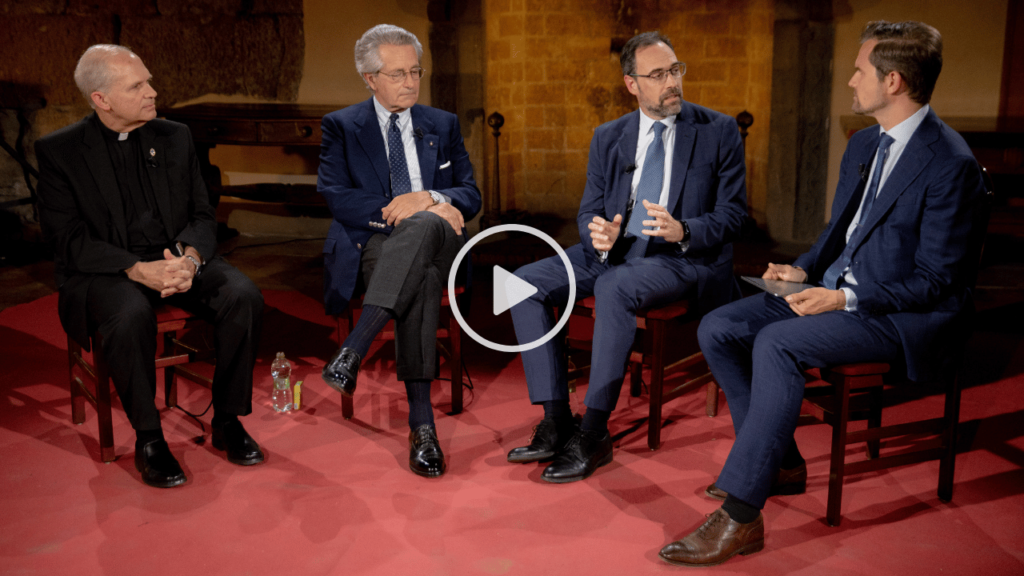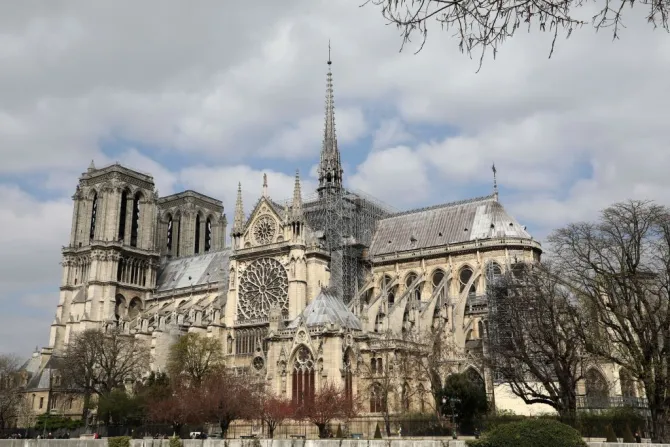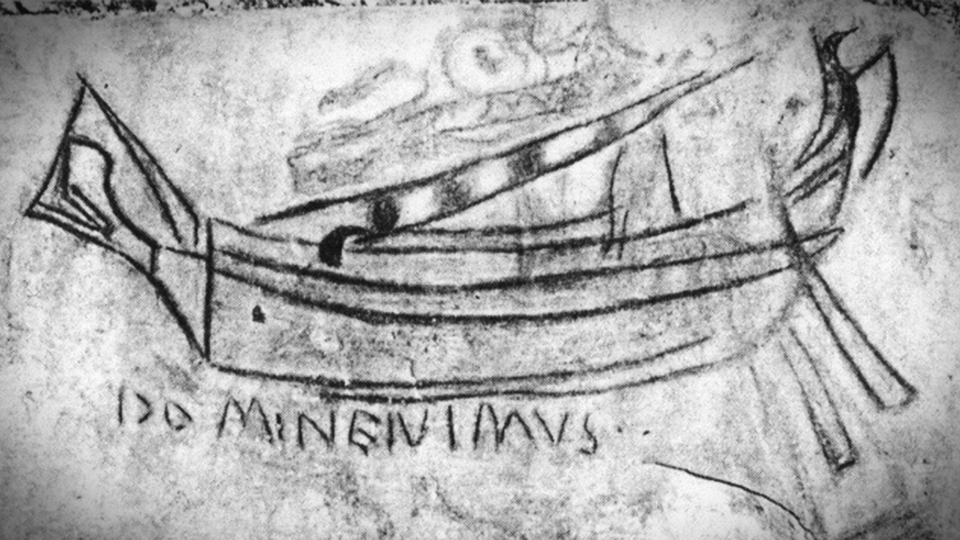Cardinal Christoph Schönborn, OP, concluded his term as archbishop of Vienna, Austria, on Wednesday, his 80th birthday, when Pope Francis accepted his resignation.
Schönborn, a theologian who led Austria’s most populous archdiocese for three decades, helped write the Catechism of the Catholic Church and chaired the Austrian bishops’ conference for 22 years. He is currently chairman of Pope Francis’ Council of Cardinals.
The Vatican announced Jan. 22 that Pope Francis had accepted Schönborn’s resignation and appointed an apostolic administrator, Father Josef Grünwidl, to oversee the Vienna archdiocese until the appointment of Schönborn’s successor.
“The fact that Rome has created an interim solution shows us that Pope Francis has apparently not yet made a decision on who should be the next Archbishop of Vienna. Since the process is already well advanced, we hope for a decision in the coming weeks,” archdiocesan spokesman Michael Prüller said in a statement Wednesday.
Cardinal Schönborn remains a member of the College of Cardinals, to which he was elevated in 1998, but at 80 years of age, he is no longer eligible to vote in a conclave.
In a video message to Vienna’s Catholics on Wednesday, Schönborn said, “Above all, I have to thank God and I have to thank you all. The decisive experience in my almost 30 years in office has been: Church only works together, society only works together.”
On Jan. 18, the cardinal celebrated a Mass of thanksgiving in St. Stephen’s Cathedral for his nearly 30 years at the helm of the Vienna archdiocese.
In his homily, Schönborn reflected on his personal history of coming to Austria as a refugee at under one year of age and the welcome his family received.
“They come as strangers and make their home here, they become Austrians. They bring their languages, cultures and religions with them. They enrich, not without tensions, our country and shape its future,” he said. “A sober look at the demographics of Austria and Europe must make it clear to us that the future will not be different. The success of this coexistence of residents and newcomers is crucial for our future.”
In his last public appearance as archbishop, the cardinal also lamented Austria’s shrinking Catholic population, saying he felt conflicted “between the joyful festival of thanksgiving that we are celebrating and the great farewell that so many people in our country are making, mostly in silence, from the Church.”
“Will the Europe of cathedrals become a large open-air museum for tourists from all over the world?” he added.

The Church leader was born to a titled family in 1945 in Bohemia, in what was then Nazi Germany and is now part of the Czech Republic.
He grew up in western Austria, close to the border with Switzerland, and joined the Order of Preachers, also known as the Dominicans, in 1963.
He was ordained a priest for the Archdiocese of Vienna in 1970. He went on to study sacred theology in Paris and in Regensburg, Germany, under the then Father Joseph Ratzinger — the future Pope Benedict XVI.
Schönborn was awarded a doctorate in sacred theology in the 1970s and was later made a member of the prestigious International Theological Commission of the Vatican.
He was editorial secretary of the Catechism of the Catholic Church, and in 1991, Pope John Paul II named the theologian an auxiliary bishop of Vienna.
After being appointed coadjutor archbishop of Vienna in April 1995, he succeeded Cardinal Hans Hermann Groër, O.S.B., as Archbishop of Vienna on Sept. 14, 1995.
This article was originally published on Catholic News Agency.

